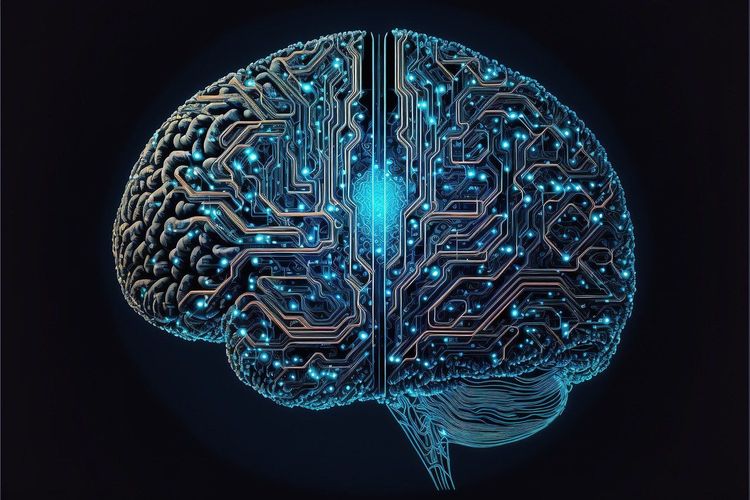Open source AI is a central topic at the World AI Cannes Festival, where experts emphasize the necessity of this approach for the future of artificial intelligence. Notably, Yann LeCun, Meta’s chief AI scientist, advocates for a future grounded in open-source principles, stating that AI should be as accessible as the internet. He argues that open source platforms offer a safer and more customizable environment for innovation, enabling various industries to build upon them. LeCun envisions a future where open source becomes the dominant model in AI development, while still allowing space for commercial platforms.
### Regulatory Concerns Impacting Open Source AI
A significant challenge facing the open-source AI landscape is regulation, with LeCun cautioning that restrictive laws could jeopardize the existence of these platforms. He specifically critiques the EU AI Act, expressing concerns about its unclear stance on the treatment of open-source technologies. “It's fine for a company like Meta, which is already regulated. However, smaller startups lack the resources to comply with such stringent mandates,” he noted.
In a later discussion, LeCun warned against regulatory attempts that aim to mitigate what he termed “imaginary” existential risks. He argues that such measures may inadvertently stifle the emergence of beneficial AI technologies, ultimately harming the entire industry. LeCun believes that companies developing AI in secrecy are the ones advocating for regulations that threaten the survival of open-source solutions.
### Is Hugging Face the Key to Open Source AI?
LeCun posits that a comprehensive platform allowing users to access and refine AI systems is vital for realizing the potential of open-source AI. Hugging Face is currently positioned as a leading contender for such a platform, where researchers and developer groups can share their models, datasets, and benchmarks with the broader AI community.
Julien Simon, Hugging Face’s chief evangelist, highlighted the platform's rapid growth, stating that it is nearing 500,000 models and hosts approximately 100,000 datasets. He notes that the competitive advantage lies with open-source solutions, asserting, “state of the art right now is open source, not the closed models.” However, Simon also pointed out significant barriers to fostering this development, particularly what he describes as a "de facto monopoly" on computational resources.
Hugging Face collaborates with major cloud providers and hardware manufacturers to alleviate the computational bottleneck. At Cannes, Simon discussed the partnership with AMD, emphasizing that all models on Hugging Face are optimized to run on AMD accelerators. “It is crucial that we increase the availability of chips and improve cost performance for users; this is essential for ongoing innovation,” he asserted.
### The Role of Collaboration in Advancing AI
Simon shared the stage with Ramine Roane, corporate vice president for AI at AMD, who reinforced the idea that collaboration is key to driving progress in AI development. Roane highlighted that open teamwork not only accelerates innovation but also fosters safe and ethical practices. He noted the demand from universities and national laboratories for open-source solutions, as these institutions seek to contribute to the software and understand its inner workings for safety and security reasons.
Moreover, Roane underscored that the open-source community is at the forefront of developing compact models, successfully reproducing and even enhancing larger systems for specific applications.
Through the collaborative efforts of platforms like Hugging Face and partnerships with tech leaders like AMD, the foundations for an open-source AI future are being laid, paving the way for diverse and innovative applications that prioritize accessibility, safety, and ethical standards in AI development.







